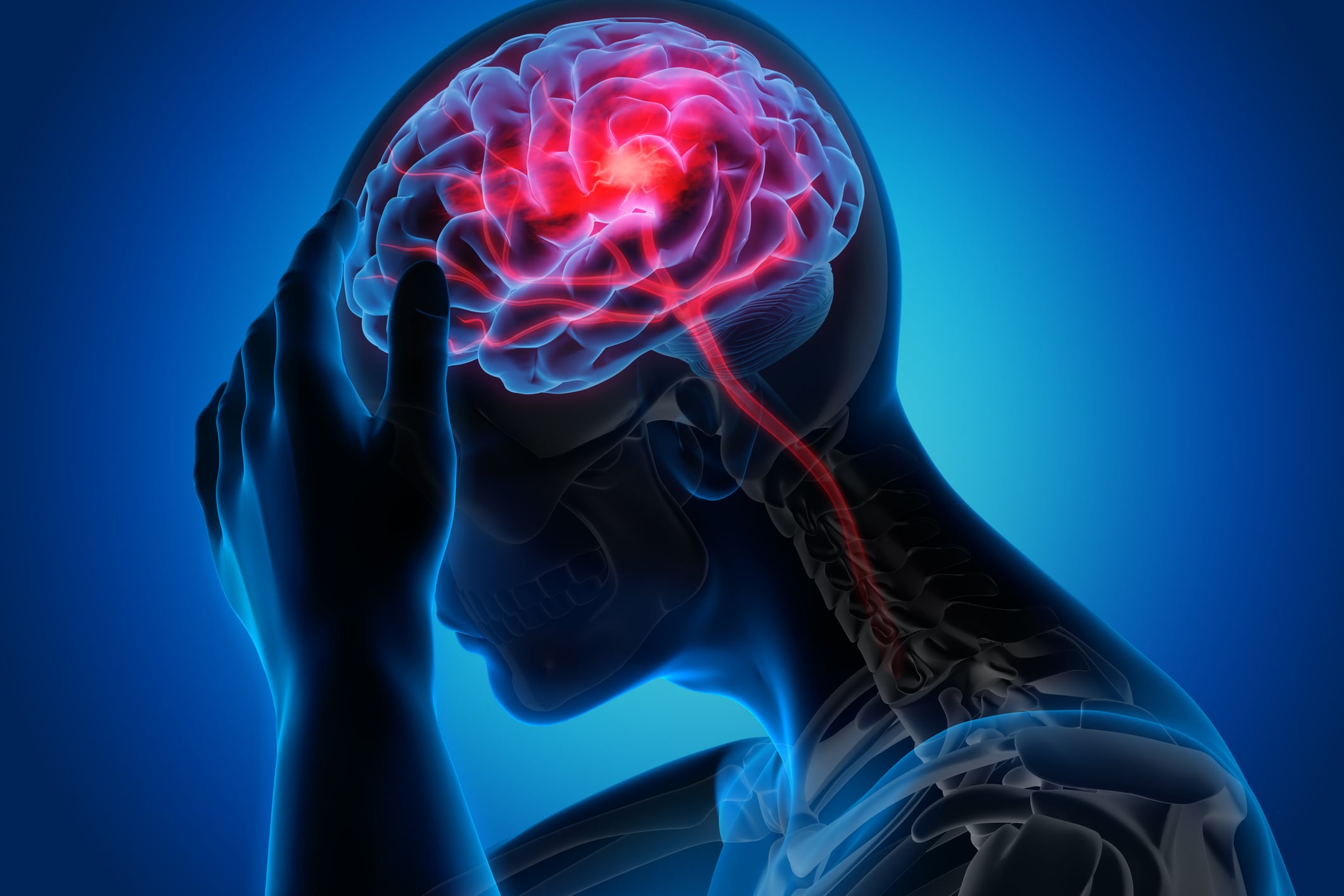The conducted meta-analysis established an association between low levels of circulating vitamin D and a three-fold increased risk of developing PSD.
Further factors increasing this risk were noted to include the female gender, hypolipidemia, and high National Institutes of Health Stroke Scale (NIHSS) scores.
Despite existing studies highlighting the strong prevalence of PSD and its possible connection to vitamin D, the Taiwanese researchers state in their report: “There was no pooled evidence showing their correlation or identifying the influences of other potential confounders.
“Our findings may indicate the need for routine screening of circulating vitamin D concentration in patients with stroke and in other high-risk populations,” they add.
Stroke complications
It has been established that one third of patients recovering from an acute stroke suffer from depression. The complexities involved in this PSD lead to a range of pathophysiological symptoms, including increased inflammation, abnormal neurotrophic responses, and dysregulation of the hypothalamic-pituitary-adrenal (HPA) axis.
There has been a vast amount of interest in vitamin D in the post-covid era, with regards to improving symptoms of both respiratory health and mental health issues. Associated deficiencies have been noted to link to an increased risk of depression, emphasising this possible influence on neurocognitive function.
Yet, the evidence investigating the correlation between post-stroke depression (PSD) and low vitamin D status remains controversial, with previous studies providing inconclusive results.
Thus, the researchers conducted the present systematic review of available literature to investigate this potential association between PSD risk and low vitamin D status. Additionally, further potential risk factors associated with PSD were established.
Study details
Utilising the databases of Medline, EMBASE, Cochrane library, and Google scholar, the researchers screened eligible literature using established eligibility criteria. From this, seven observational studies including 1,580 patients were identified, published between 2014 and 2022.
It was reported that from the studies analysed, pooled incidences of vitamin D deficiency and PSD were 60.1% and 26.1% respectively. Lower levels of circulating vitamin D were observed in those established to have PSD, when compared to those without, with a mean difference of -13.94 nmol/L.
Following the conducted meta-analysis, a further correlation was established between low circulating vitamin D levels and increased risk of PSD. This risk was consistently determined to be associated with a three-fold increase in such risk. Additional risk factors for PSD were observed to include the female gender, hyperlipidaemia, and high NIHSS scores.
Vitamin D for the mind
The literature review provides evidence for a suggested correlation between low vitamin D levels and PSD, mirroring previous observational study findings.
Discussing potential mechanisms of action, the scientists explain: “One possibility is that vitamin D plays a role in the synthesis of neurotransmitters (e.g., serotonin, and norepinephrine, dopamine) associated with mood regulation. Vitamin D may also affect the immune system and inflammation, which have been reported to contribute to the development of depression.”
In addition, the report draws attention to a previous study suggesting that low vitamin D levels may disturb the HPA axis, and thus, potentially influence stress and mood regulation.
The conclude: “Further well-controlled prospective investigations are warranted to verify the correlation between vitamin D level and the development of post-stroke depression as well as to explore the efficacy of potential intervention strategies (e.g., vitamin D supplementation).”
Source: Frontiers in Nutrition
https://doi.org/10.3389/fnut.2023.1142035
Association of a low vitamin D status with risk of post-stroke depression: A meta-analysis and systematic review
Kuo-Chuan Hung, Jheng-Yan Wu, Amina M. Illias, Chong-Chi Chiu, Ying-Jen Chang, Shu-Wei Liao, Kuei-Fen Wang, I-Wen Chen and Cheuk-Kwan Sun.

